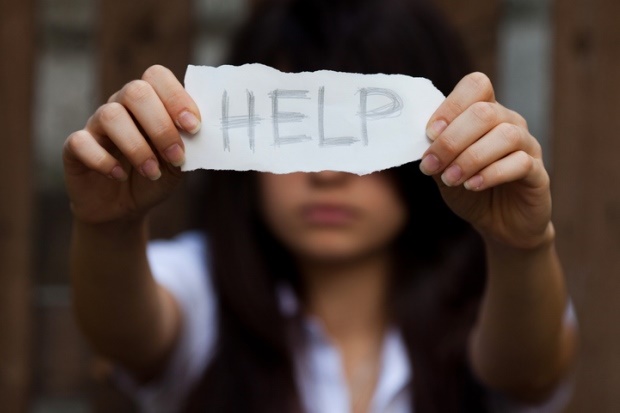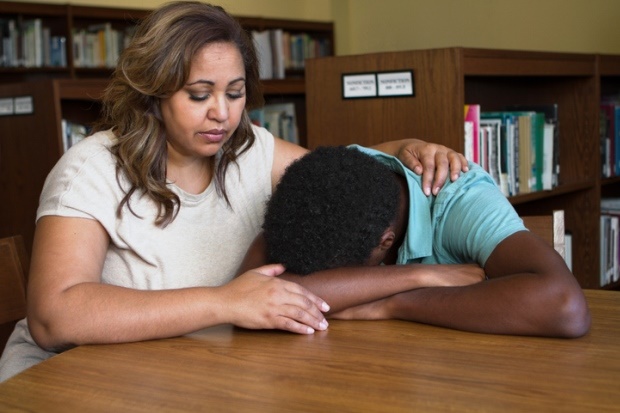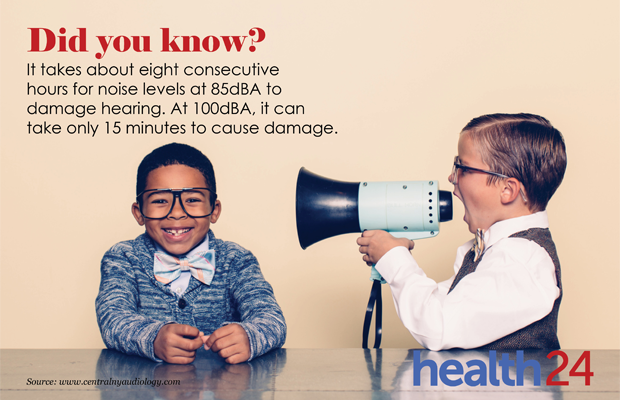Matriculants across the country have worked tirelessly to complete their school careers and are eagerly awaiting the results of their hard work.
It is such a momentous occasion – and finishing a 12-year school career should be reason for celebration. However, for many students around the country, the results end up being a great disappointment.
Helping your teen cope
The disappointment of not having achieved what they worked hard for may leave a teen feeling depressed. While you may not think there’s much you can do, there are ways of helping them get through this difficult time:
- Create a safe space where they can share their feelings.
- Listen when they share and do not judge them.
- Remind them that they are loved.
- Ensure that they are eating well as depression may affect appetite.
- Suggest some form of community involvement to avoid isolation.
- Acknowledge their achievements and hard work.
- Be patient as healing takes time.
- Encourage them to view their failures as learning opportunities.
Counseling psychologist, Charissa Bloomberg, says it is important that parents do not make their children feel rejected during this period.
“It is crucial that parents do not make their children feel like a failure or inferior. We place so much emphasis on this matric system. Just because a child did not make matric it does not mean that they will not go on to become a success, and parents need to remember that,” says Bloomberg.
Bloomberg adds that matriculants who have not achieved the results they wanted to must allow themselves time to grieve.
“It feels like a failure, but you need to pick yourself up and dust yourself off and start again. There are many people that did not make matric and went on to be successful,” says Bloomberg.
When to seek help

According to Bloomberg, one should not wait until signs of depression become visible but should rather seek help as soon as a child learns they have not done well.
“Seek help immediately so that your child can get over the fright of not having done well. The sooner you seek help, the quicker your child can begin to rebuild his/her life and start setting goals,” says Bloomberg.
For some students, however, failing matric can trigger suicidal thoughts. According to the Durban Para-suicide study, one third of attempted suicides involve children and adolescents.
“Suicide rates are really high for matriculants and that is why it is important to let them know that failing matric is not the end of the world,” says Bloomberg.
Prevention and intervention
The WHO says that suicide is preventable by reducing access to substances and tools which could result in suicide – such as poisonous substances, firearms, certain medication etc.
Behavioural healthcare group, Akeso, identifies hanging as the most common form of suicide among South Africans.
Dr Keith Ganasen, a Cape Town psychiatrist, said that prevention is imperative, but that it starts way before matric.
“Teachers, parents and others involved should be proactive and begin discussions; they should look into psychoeducation and communication early in the curriculum. In my clinical experience, there are children much younger than 18 who have suicidal ideation.
“These adolescents need solid support structures, which are easily accessible to the person and concerned family members. Family should, in fact, develop a communication style with a person in an open, non-judgemental and supportive manner,” says Dr Ganasen.
The WHO also states that talking about suicide doesn’t encourage it. The organisation’s statement on suicidal myths states that people who are suicidal often don’t know who to talk to and end up talking to no one, which results in them becoming overwhelmed with their thoughts and feelings.
Dr Ganasen adds that friends, family and community leaders need to be supportive and make themselves available to listen.
“Support is showing that you are emotionally available for a person, unconditionally, whether you fully understand what they are experiencing or not. It’s not about telling another how they should feel or minimise their symptoms,” says Dr Ganasen.
Keep an eye out for signs
Akeso states that there are a number of signs to keep an eye out for, should you suspect a loved one is suicidal:
- Depressed mood
- Low or no interest of pleasure in most or all activities
- Significant weight loss or weight gain
- Insomnia or hypersomnia – too little or too much sleep
- Too much activity or none at all
- Fatigue or loss of energy
- Feelings of worthlessness, hopelessness, excessive or inappropriate guilt
- Diminished ability to think or concentrate, also indecisiveness
- Recurrent thoughts of death
Other key signs to look out for:
- The teen has experienced a major trauma or a loss.
- The teen isolates him/herself.
- The teen gets involved in substance abuse.
- Excessive loneliness and a loss/lack of significant relationships
- The teen is not coping with school/academic expectations and/or there is a significant academic decline.

Suicide myths
Many often recall how bubbly someone was before they committed suicide, how they were the life of the party and they had so much going for them, that no one knew how depressed or sad they were.
A common myth about suicide is that the person must have had some mental disorder, but the World Health Organisation (WHO) explains that this is not necessarily the case.
The WHO also explains that heightened risk of suicide is short-term and that it is situation specific.
Their initiative for suicide prevention says that suicidal behaviour displays deep unhappiness, but not necessarily a mental disorder, and there are many people with mental disorders who are not affected by suicidal behaviour.
Image credit: iStock






